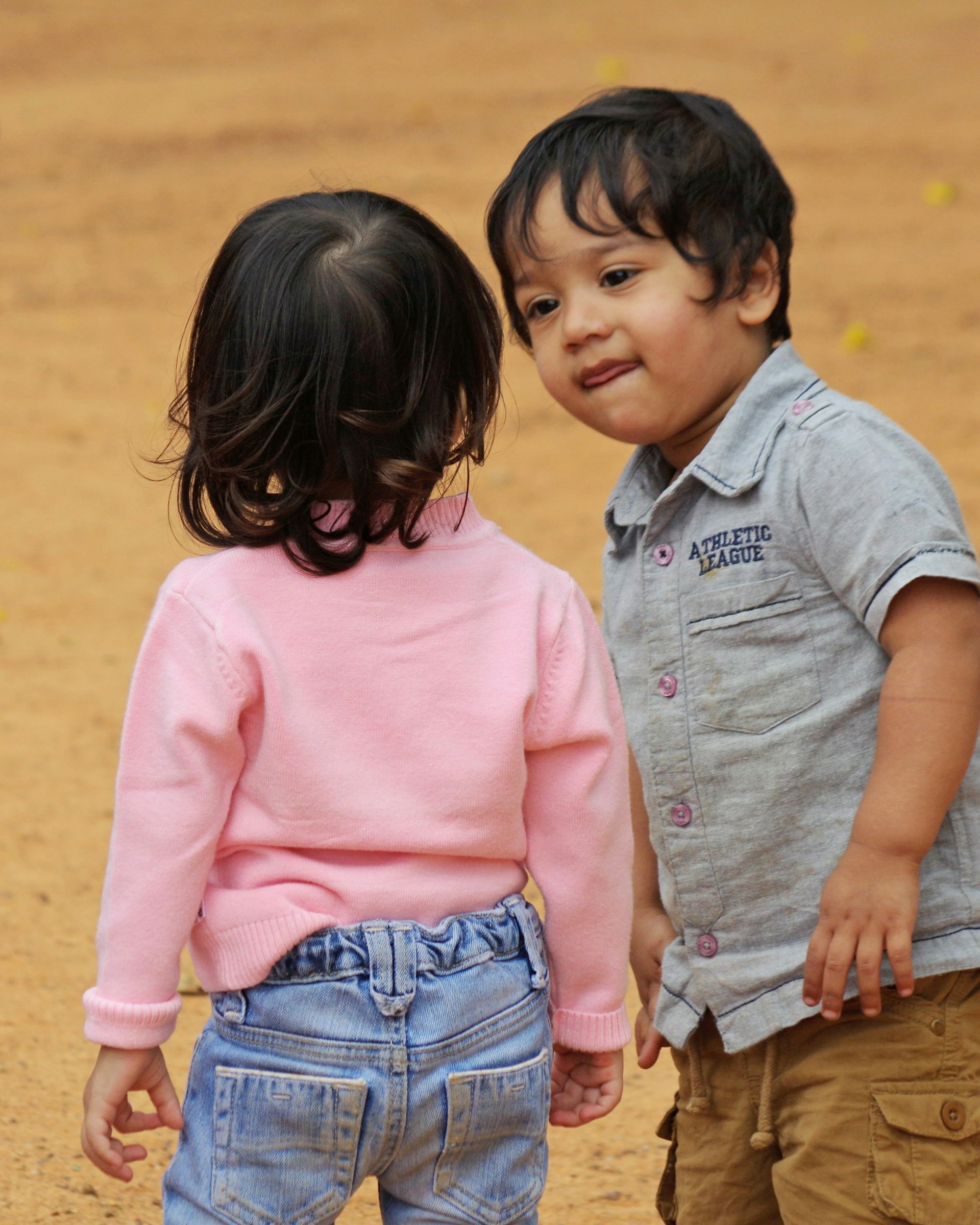Navigating Growth: The Lasting Impact of Multicultural Families on Children's Development


Photo by Joydeep Sensarma on Unsplash
Introduction: Understanding Multicultural Family Dynamics
Children growing up in multicultural families experience a unique blend of influences that shape their identities, social skills, and emotional development. As societies become increasingly diverse, understanding the impact of these environments is critical for families, educators, and policymakers. This article explores how multicultural families affect children, highlights benefits and challenges, and offers actionable guidance for nurturing positive outcomes.
The Foundations: Cultural Diversity and Child Development
Cultural diversity within families brings together different values, traditions, and languages. These intersecting influences play a crucial role in shaping children’s social and emotional competencies. According to Professor Lynn Ang at University College London, early childhood is a formative period when children develop the ability to manage emotions, build relationships, and appreciate diversity. Exposure to multiple cultures at home fosters compassion, empathy, and open-mindedness, helping children function positively in society [4] .

Photo by Sergio Capuzzimati on Unsplash
For example, a child with one parent from Korea and another from the United States may celebrate holidays from both cultures, learn two languages, and develop a flexible worldview. These experiences contribute to a broader understanding of society and strengthen social-emotional skills, which are linked to long-term well-being and adaptability.
Parental Involvement: Building Bridges Through Engagement
Active parental involvement is essential in multicultural families. Research shows that when parents engage in their children’s education and social life, it facilitates socialization, improves communication, and cultivates self-confidence [5] . In immigrant or refugee families, parental participation helps children adjust to new educational systems and cultures, reducing stress and fostering inclusion.
Practical steps for parents include:
- Attending school events and engaging with teachers to bridge cultural gaps.
- Supporting homework and extracurricular activities to reinforce learning at home.
- Encouraging open discussions about cultural heritage, identity, and experiences of difference.
These efforts not only benefit children but also empower parents, increasing their self-efficacy and helping them navigate the complexities of multicultural environments.
Cultural Socialization: Strategies for Identity Development
Parents in multicultural families often adopt various strategies to help children understand and value their diverse backgrounds. Common approaches include:
- Visiting family members’ home countries to deepen cultural knowledge and connection.
- Introducing children to music, art, literature, and cuisine from each heritage.
- Participating in cultural or religious traditions together as a family.
- Encouraging learning of multiple languages to enhance communication and cognitive flexibility.
Joint participation in cultural practices-such as both parents learning and celebrating each other’s holidays-strengthens children’s sense of belonging and supports healthy ethnic-racial identity development. However, it is important to avoid emphasizing one culture at the expense of another, as this can lead to confusion or negative attitudes about parts of a child’s heritage [2] .
Challenges: Navigating Acculturative Stress and Social Adjustment
Despite the many benefits, children in multicultural families may face unique challenges, including acculturative stress-the psychological impact of adapting to multiple cultures-and difficulties in peer relationships or school adjustment. A longitudinal study in South Korea found that adolescents from multicultural families reported gradual declines in peer relationships and school adjustment over time. However, the presence of multicultural family support services (MFSS) showed intermittent positive effects, suggesting that targeted interventions can help mitigate these challenges [3] .
To address such issues, families and educators can:
- Encourage participation in diversity-focused school programs or community groups.
- Openly discuss experiences of difference and discrimination, equipping children with coping strategies.
- Seek out professional counseling or support services specializing in multicultural family dynamics, when needed.
- Foster connections with other multicultural families for peer support and shared experiences.
Families may also encounter challenges if there is a mismatch between cultural values at home and those promoted in schools. Open communication between parents and educators is vital to ensure that children receive consistent messages and support for their identity development [1] .
Actionable Pathways: Accessing Support and Resources
Many organizations and educational systems provide resources to assist multicultural families. While specific programs and their availability may vary by region, here are steps you can take to access support:
- Contact your child’s school counselor or diversity coordinator to inquire about cultural integration programs, language support, or family engagement initiatives.
- Ask your local library or community center about multicultural events, language classes, and cultural exchange opportunities.
- If you are an immigrant or refugee family, reach out to local immigrant support agencies or cultural associations for tailored resources and peer networking opportunities.
- Search for mental health professionals or family counselors experienced in multicultural issues by using terms like “multicultural family counseling” or “bicultural support services” along with your city or region.
- For educational support, look for after-school programs with a focus on diversity and inclusion, which are often listed on your school district’s official website or bulletin board.
If you are unsure where to start, you can contact your city’s Department of Family Services or the nearest branch of your national education department for guidance on programs and services for multicultural families. Always verify the legitimacy of organizations before sharing personal information.
Alternative Approaches and Additional Considerations
While direct support services can be helpful, families can also create positive environments by:
- Proactively celebrating all cultures represented in the household, regardless of external support.
- Building friendships with families from similar backgrounds to create informal support networks.
- Using online platforms and reputable parent forums to exchange ideas and access culturally relevant educational materials.
In some cases, families may prefer to focus on a single cultural tradition. It is important to approach this choice thoughtfully, considering the child’s identity needs and offering opportunities for them to explore all aspects of their heritage as they grow.
Summary and Key Takeaways
Growing up in a multicultural family can bring lifelong advantages, including enhanced social skills, emotional resilience, and a greater appreciation for diversity. However, families may also face unique challenges related to identity, acculturation, and social adjustment. By actively engaging in cultural socialization, seeking out supportive resources, and maintaining open communication with educators, families can help children thrive in a multicultural world.
If you are looking for local or regional support, consider searching for “multicultural family support services” along with your city name, consulting your school’s counseling office, or contacting your local Department of Education or Family Services for trusted guidance.
References
- [1] Administration for Children and Families (2008). Multicultural Issues – Home-School Congruence and Child Development.
- [2] NIH/National Library of Medicine (2022). How Parents in Multiethnic-Racial Families Share Cultural Assets With Their Children.
- [3] Frontiers in Psychology (2023). Effects of Multicultural Family Support Services on Adolescents.
- [4] Centre for Early Childhood (2023). Cultural Diversity and Social and Emotional Development.
- [5] Journal of Research Initiatives (2020). Parental Involvement in a Multicultural Educational Context.






